Trailer Watch: Deirdre Fishel’s New Doc Follows Four “Women in Blue”
The Minneapolis police department has repeatedly made national headlines since spring 2020, when George Floyd was murdered at the hands of law enforcement. Deirdre Fishel’s new documentary, “Women in Blue,” is a portrait of the MPD before Floyd’s death...
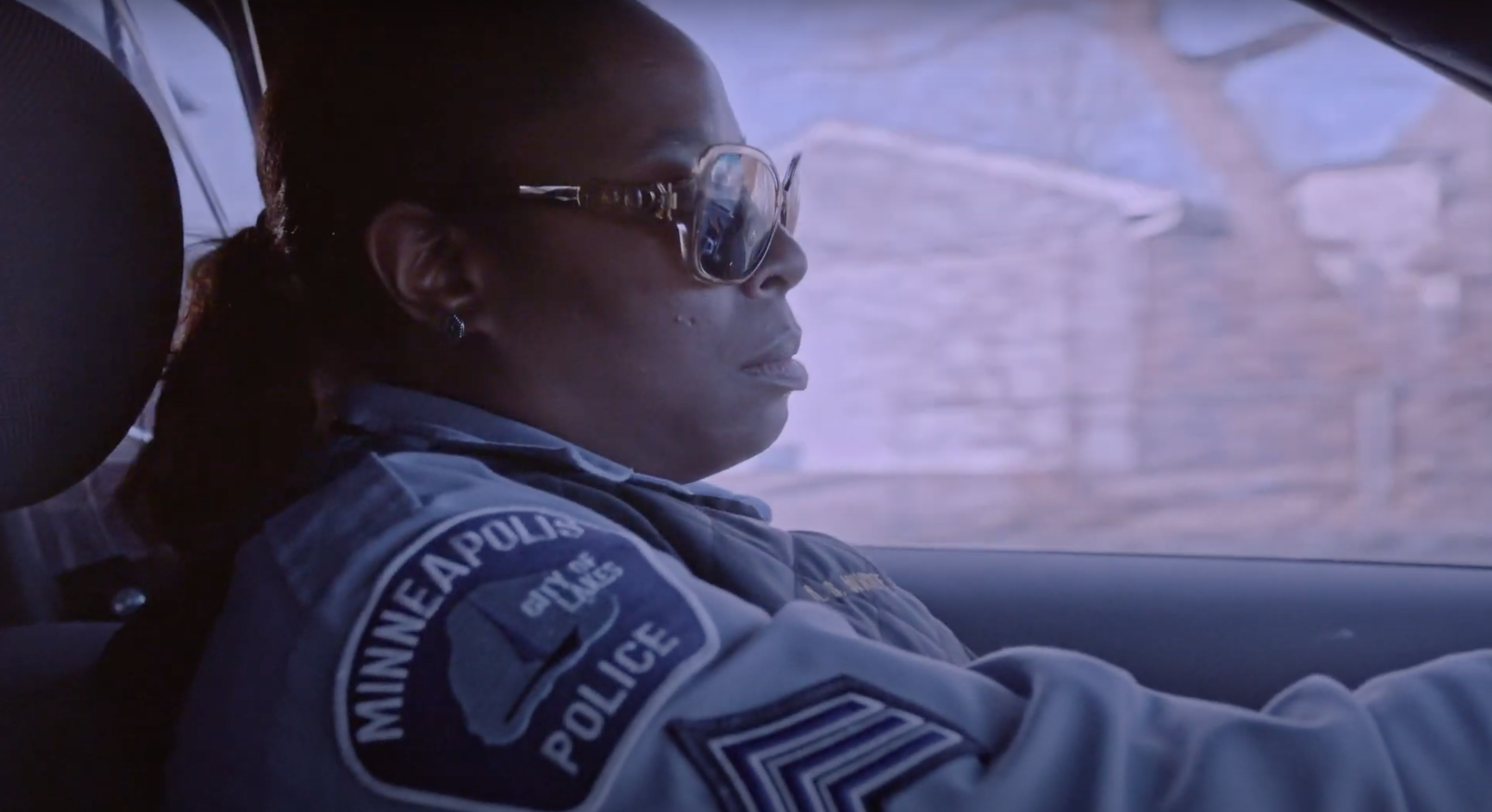
The Minneapolis police department has repeatedly made national headlines since spring 2020, when George Floyd was murdered at the hands of law enforcement. Deirdre Fishel’s new documentary, “Women in Blue,” is a portrait of the MPD before Floyd’s death and the new wave of Black Lives Matter protests it inspired — and particularly spotlights the force’s women. A trailer for the film has arrived and sees its four subjects navigating the moral, political, and social implications that come with their job.
“I felt like I needed to choose a side — Black or blue,” a Black female officer admits, referring to the police’s history of anti-Black violence and white supremacy. “I’m supporting Black Lives Matter but it’s like, I support my mom,” the officer’s daughter says.
Filmed from 2017-2020, “Women in Blue” also focuses on the reforms Minneapolis’ first female police chief, Janeé Harteau, enacted prior to her resignation. “My goal as the police chief was creating change from within, and now every rank of this police department is held by a woman or women,” she recalls. “Officer-involved shootings almost always include male officers. [They happen] very seldom with women.”
But not everyone was onboard for Harteau’s agenda. “De-escalation has a point, but at some point you gotta take action,” a male officer opines. The spot shows him in an office decorated with “Scarface” posters.
“‘Women in Blue’ offers an unprecedented view into the inner workings of the MPD, chronicling a department — and a community — grappling with racism and a troubled history of police misconduct long before an MPD officer killed George Floyd in May of 2020,” according to the doc’s synopsis. “The film reveals the limitations of police reform through incremental change and asks questions that apply well beyond the city of Minneapolis. Could increased gender equity and more women — especially Black women — contribute to greater public safety?”
“Risk,” “Sperm Donor X,” and “Care” are among Fishel’s other credits. When Women and Hollywood asked her advice for fellow female filmmakers, she said, “If someone says no, try to figure out why, then go back to them again. Get the team you need — the support of people who have strength in the areas you are weak. But believe in yourself and hang on to your vision for dear life, because making a movie is like riding a wild bronco.”
“Women in Blue” will air as part of PBS’ “Independent Lens” series on February 8.

 AbJimroe
AbJimroe 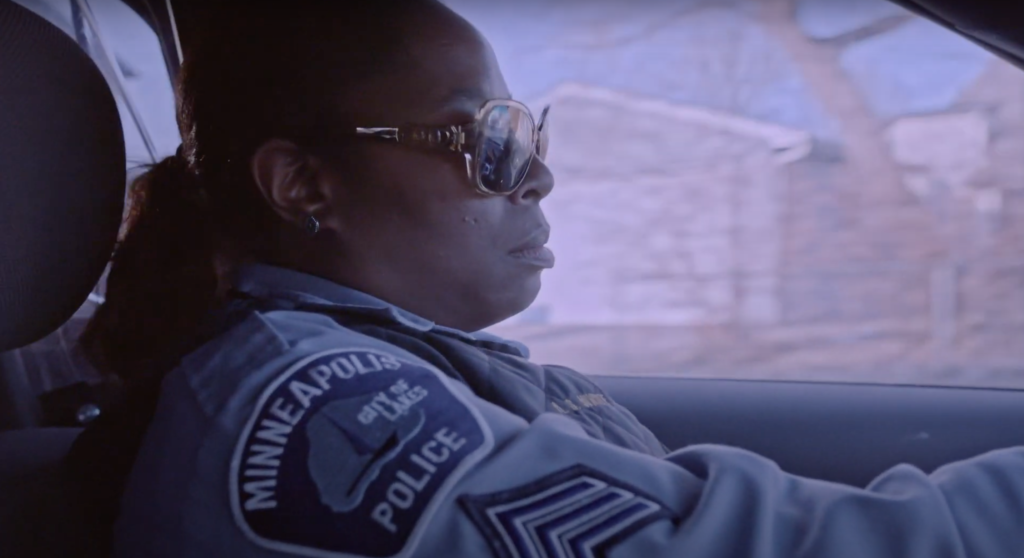








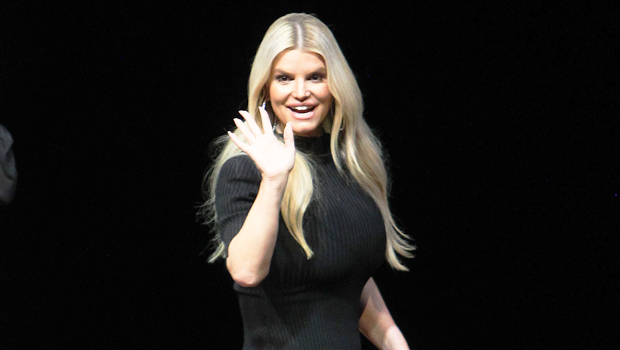
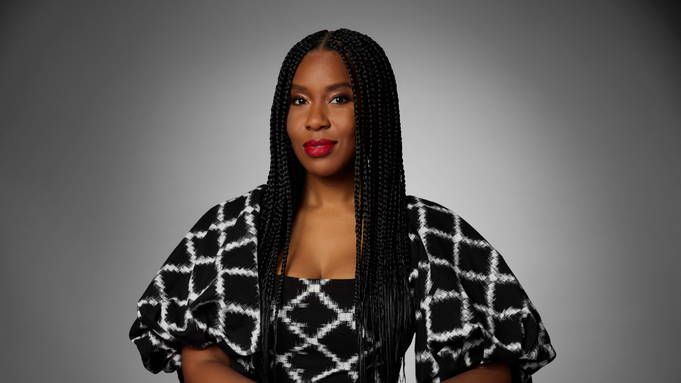
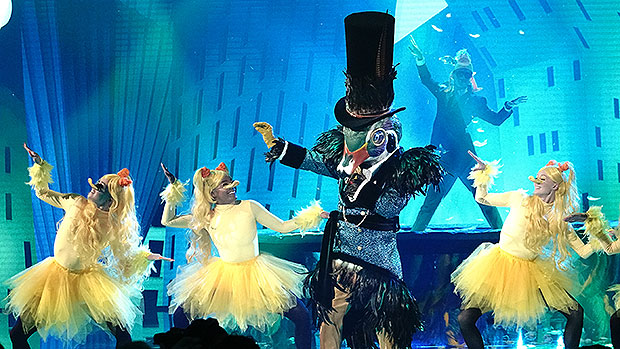

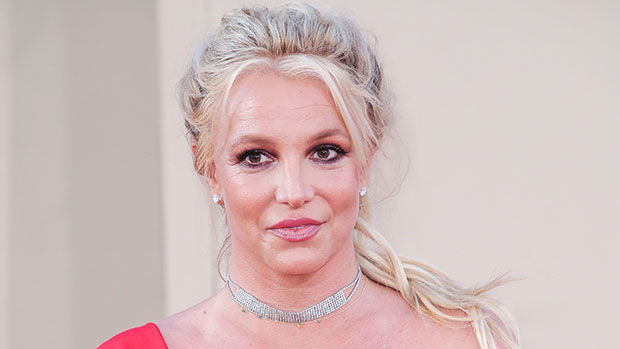


















![6 Steps for Better LinkedIn Ad Measurement [Infographic]](https://imgproxy.divecdn.com/KVC0EyslFaqJn28AJBNzwJYAjZ0hPcvGV4f_xClGyAM/g:ce/rs:fit:770:435/Z3M6Ly9kaXZlc2l0ZS1zdG9yYWdlL2RpdmVpbWFnZS9saV9hZF9pbmZvXzMucG5n.webp)

